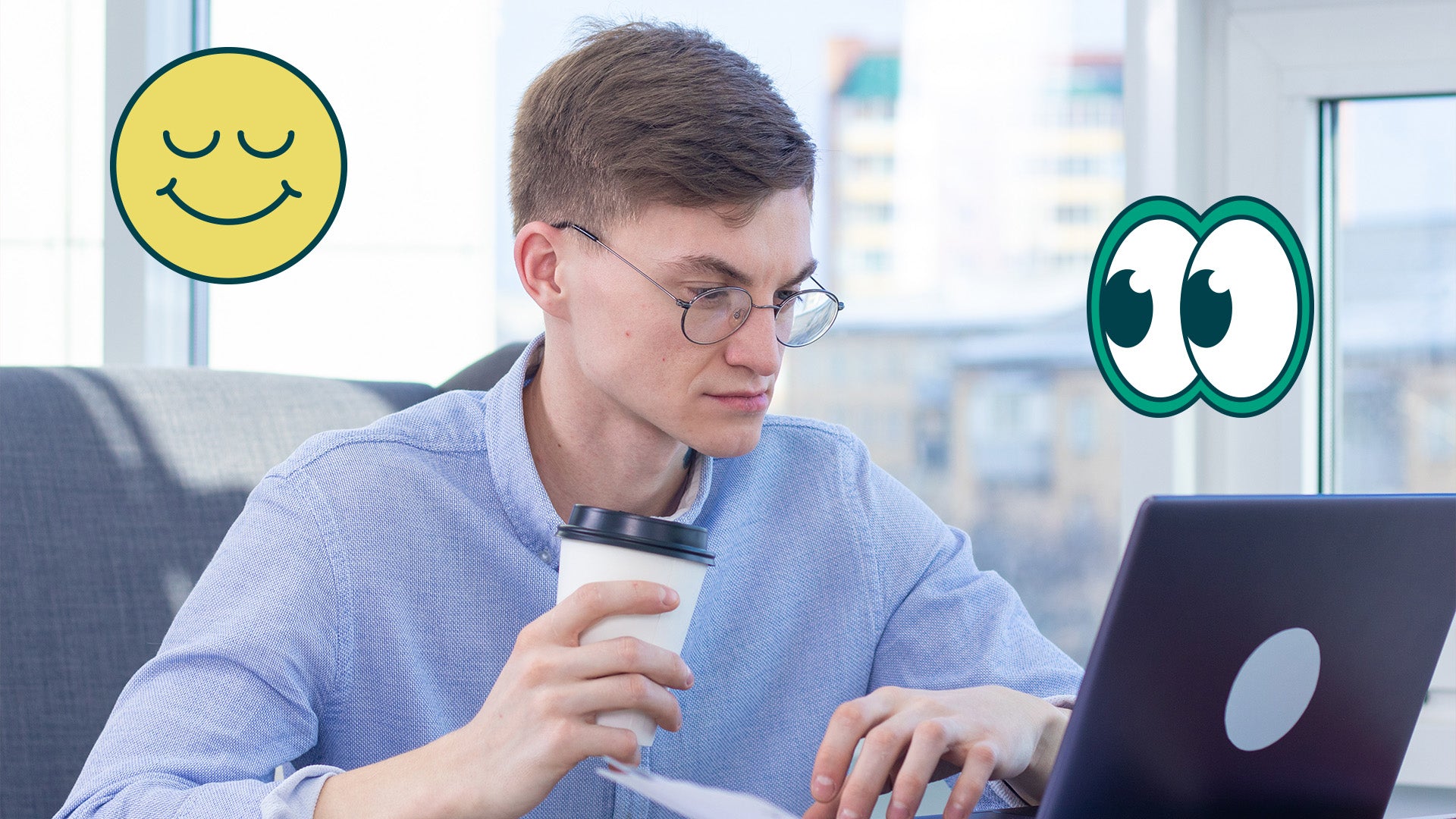Energy & Focus™ Gum
Description
Unlock clarity and performance with Neuro Energy and Focus Gum, a fast-acting nootropic gum designed to deliver smooth, balanced energy and cognitive improvement whenever you need it.
Each piece of this brain supplement contains natural caffeine, L-theanine, and essential B vitamins to fuel your brain without the crash. Designed as a portable focus supplement, this healthy gum supports concentration, mood regulation, and mental focus with no sugar or aspartame.
Using a patented cold-compression process for optimal absorption, NeuroGum is a smart alternative to caffeine pills or energy drinks, ideal for professionals, students, and athletes seeking a science-backed energy and focus gum in the brain health supplements category.






















